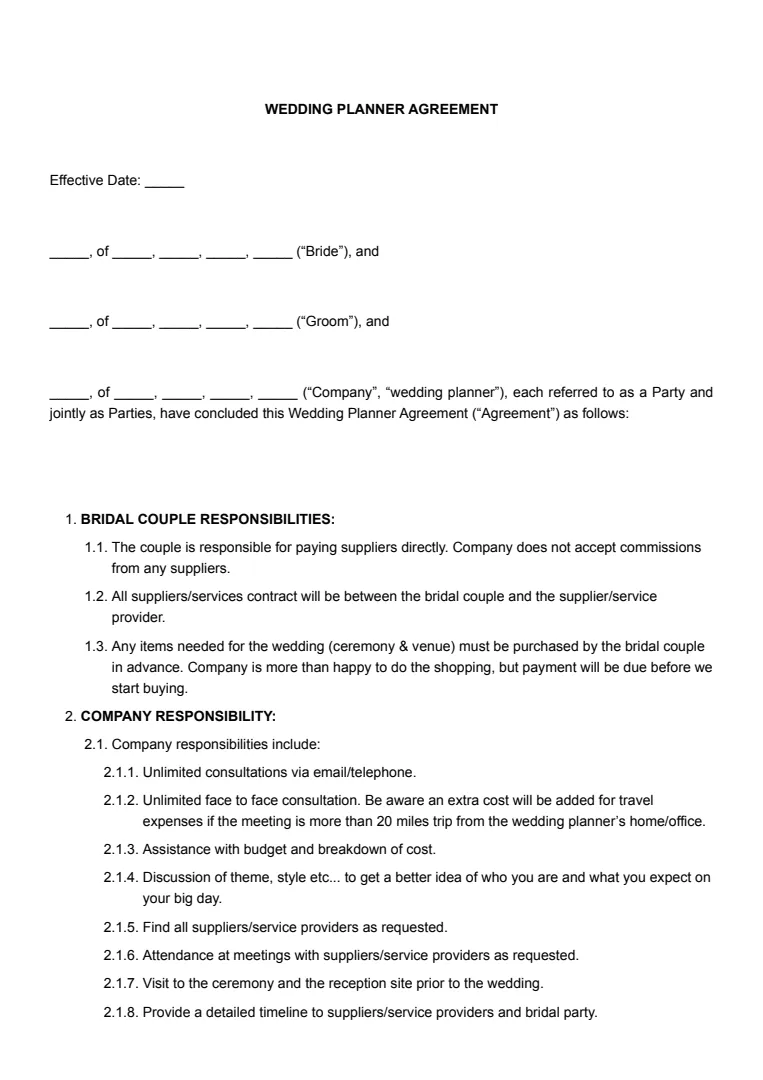What Is a Cohabitation Agreement?
A cohabitation agreement is a legal document crafted for couples who choose to live together but are not married. It clearly outlines each person's rights and responsibilities regarding shared finances, property, and even children.
By having this agreement, you can avoid possible misunderstandings down the line.
When you're living together without being married, things can sometimes get a bit complicated, especially as life circumstances change.
For example, buying a house together or having children can complicate things. A cohabitation agreement makes these changes more manageable by establishing specific terms about who owns what and how decisions are made.
Such living together agreements aren't just for romantic partners. Friends who decide to buy a property together might also benefit from having this arrangement laid out in writing.
It’s not only a safety net for current situations but also provides clear directions if things don't go as planned, like if the relationship ends, someone becomes ill, or there are other significant changes.
Think of it as a practical step that offers peace of mind. It's about laying everything on the table and ensuring everyone's aware of their commitments.
Whether you're just moving in or have been living together for years, discussing and potentially drafting a cohabitation agreement can provide clarity.
Crafting a cohabitation agreement might not seem romantic, but it’s all about taking responsibility and having mature discussions about the future.
When Is a Cohabitation Agreement Needed?
If you're moving in with your partner, it's worth having a cohabitation agreement. This is especially true if you're an unmarried couple looking to clarify your financial responsibilities.
When there are significant assets involved, like property or savings, an agreement can help outline what belongs to whom.
This agreement is also useful where one partner owns a home. It might clarify who gets what if the relationship ends.
If you plan to have children, you may want to decide on rights and responsibilities in advance. This can reduce misunderstandings and help protect your interests.
A cohabitation agreement can be useful in non-romantic living arrangements, too. Even if you're simply housemates, having clear agreements on financial matters can be beneficial.
For those living in multiple countries or with property abroad, cohabitation agreements can help navigate complex international laws. Making sure each country's legal requirements are met is crucial.
In situations where one partner is significantly wealthier, an agreement can offer protection. It ensures that each partner's contributions and rights are fairly accounted for, providing peace of mind.
Address potential illness or unforeseen circumstances, too. An agreement might include provisions about what happens if either of you becomes ill or incapacitated.
How to Write a Cohabitation Agreement
Creating a cohabitation agreement is a smart move if you're moving in with someone and want to protect your interests. This agreement outlines your rights and responsibilities while living together.
Follow these steps to craft an agreement that's clear and effective.
Step 1: Determine What to Include
First, sit down with your partner and discuss the key elements you want in the agreement. Consider things like property ownership, financial responsibilities, and what happens if you split up. Also, think about issues like next of kin rights and access to pensions.
Establishing these points early on helps avoid disputes later.
Step 2: Draft the Initial Agreement
Once you've decided what to include, start drafting the document. Be thorough and precise in detailing what you've agreed upon. You can write this yourself or use a template for guidance.
Make sure you cover all relevant areas, like property shares and financial obligations, using clear and concise language to avoid misunderstandings.
Step 3: Seek Legal Advice
Even if you feel confident, it's wise to get some legal advice to ensure the document stands up in court, if needed.
A cohabitation agreement lawyer can review your draft, point out any potential issues, and offer advice on how to make it legally binding. This might add to the cost of the cohabitation agreement, but it's a worthwhile investment.
Step 4: Set an Effective Date
Decide when your agreement will come into effect. You may want it to start as soon as you move in together or set a future date.
Clearly stating the effective date avoids any ambiguity about when the terms are applicable, ensuring everything is crystal clear from the outset.
Step 5: Finalise and Sign
After getting legal advice and revising the draft, it’s time for both parties to read through it carefully one last time.
Once satisfied, both should sign the agreement. Make sure each party has a copy of the signed document for their records.
Writing a cohabitation agreement might take a little effort upfront, but it pays off by providing clarity and peace of mind for both you and your partner.













